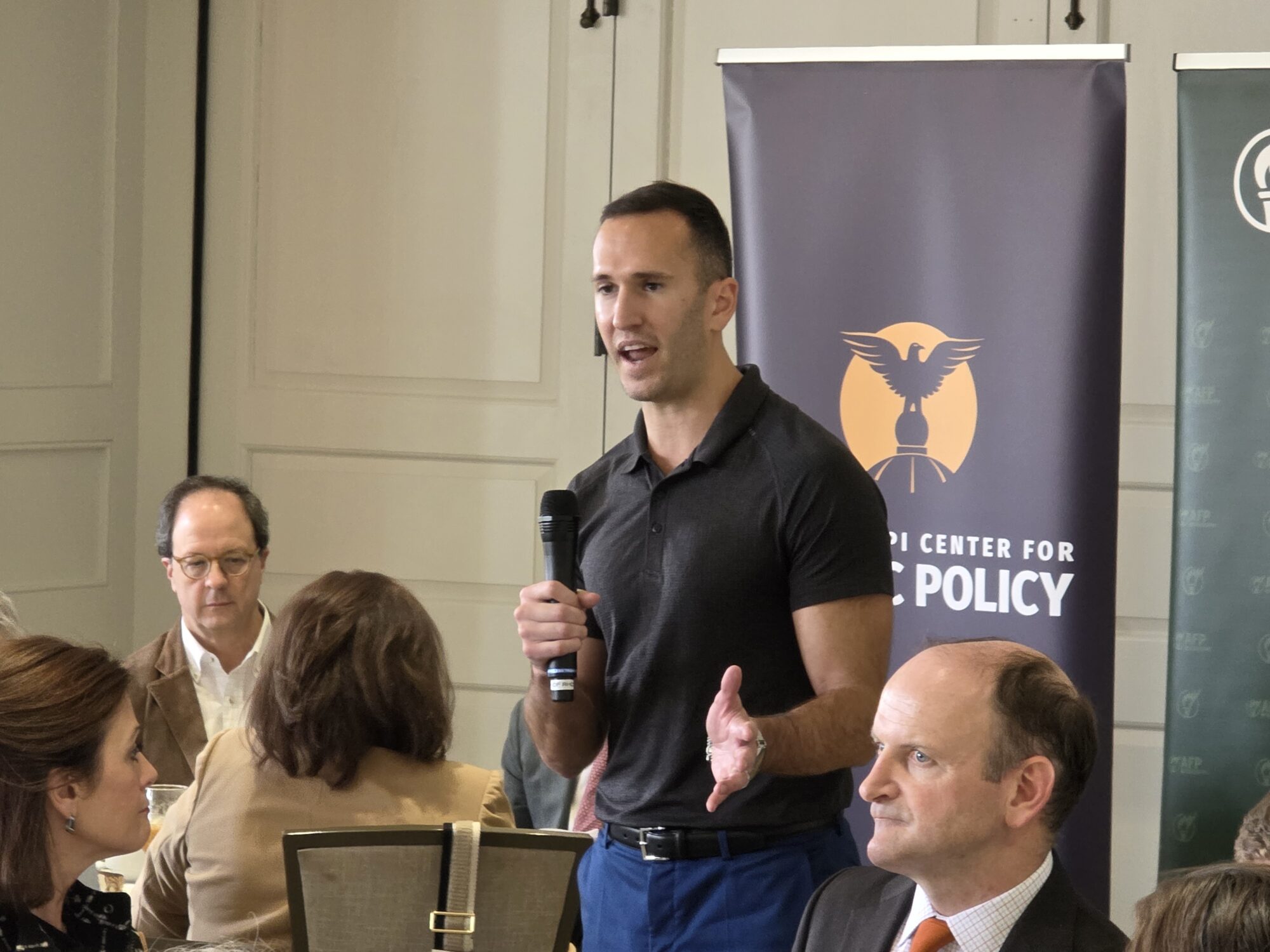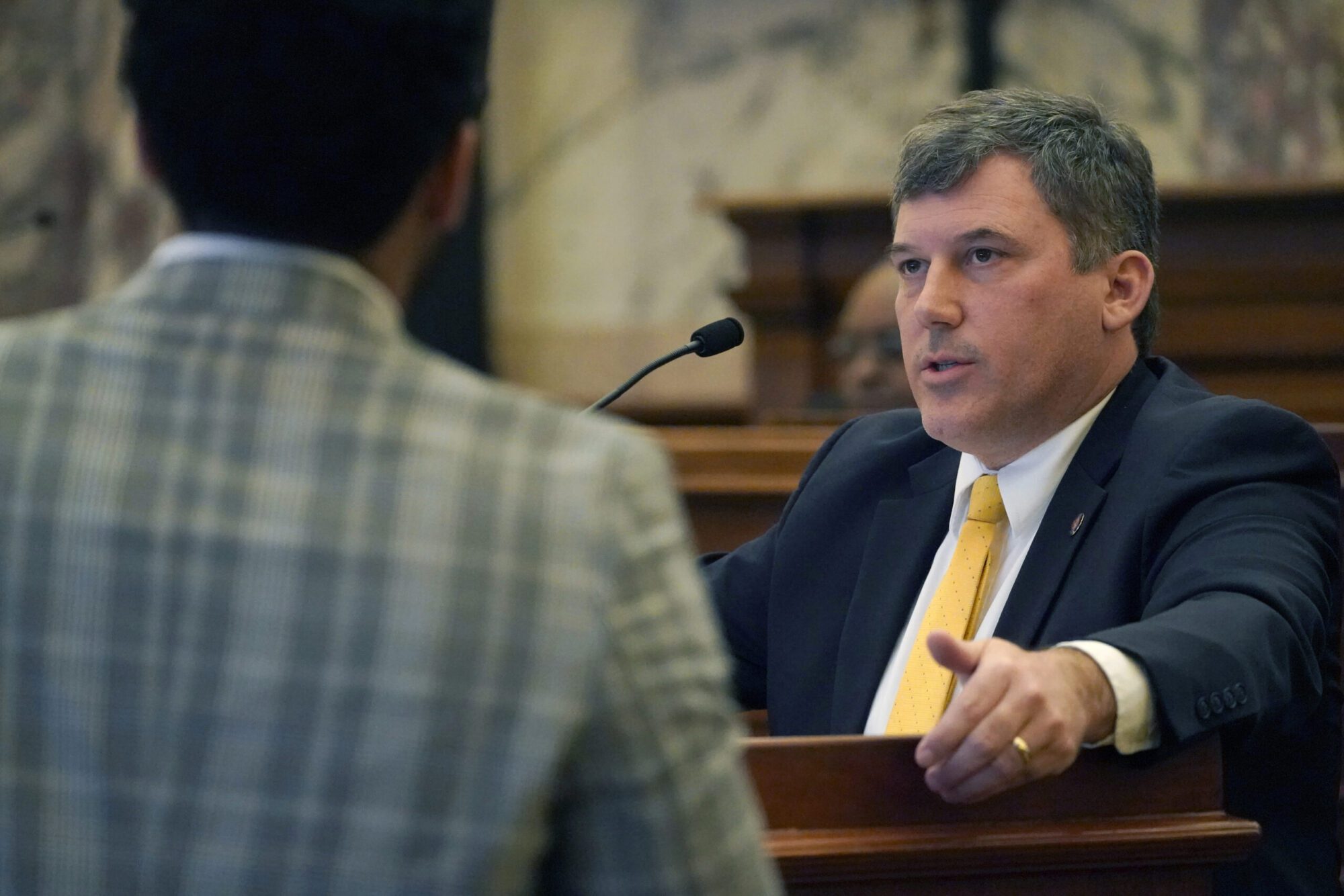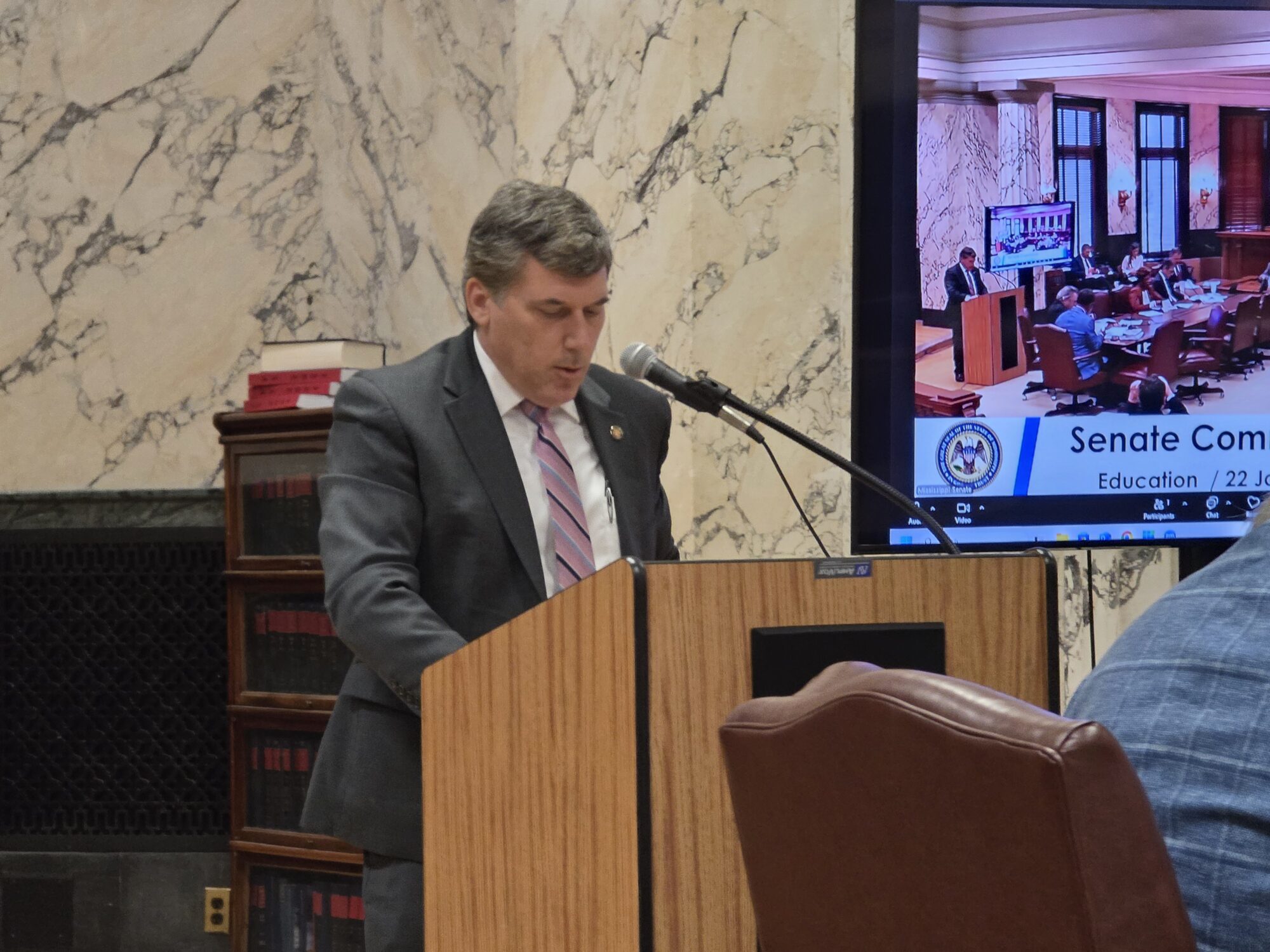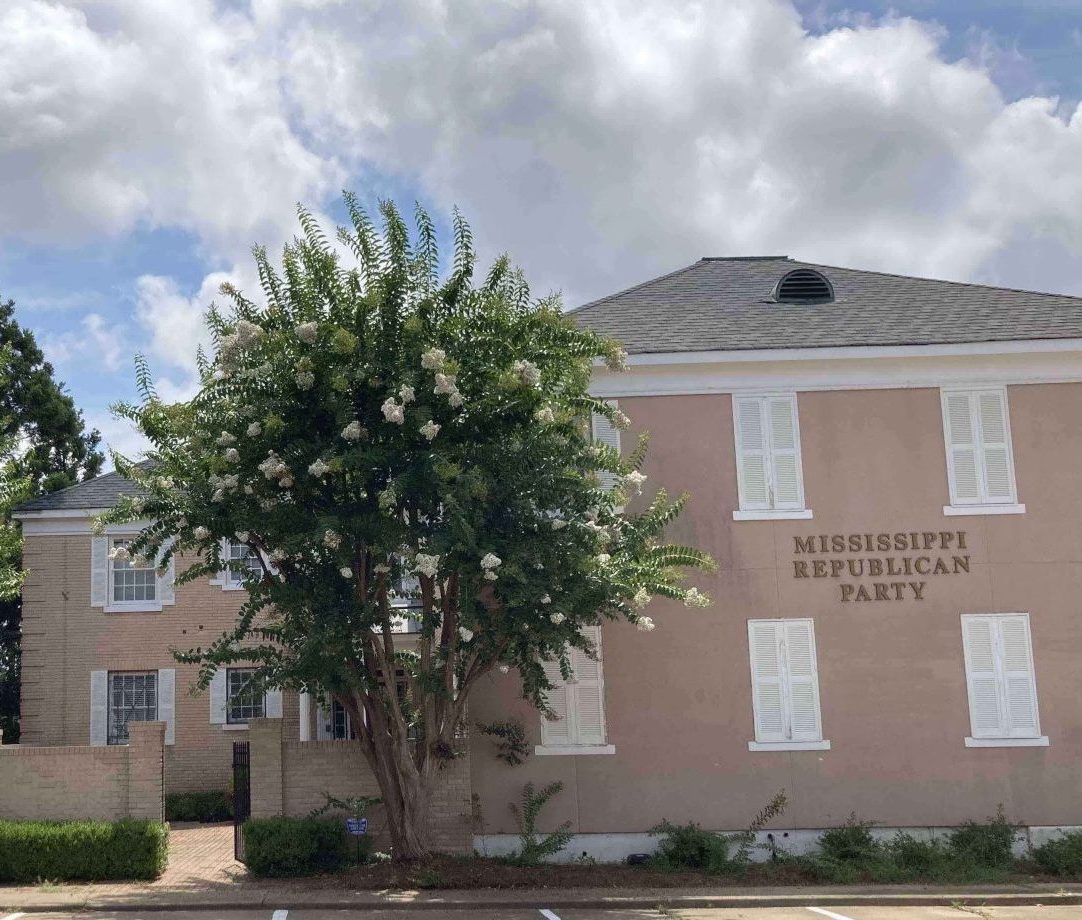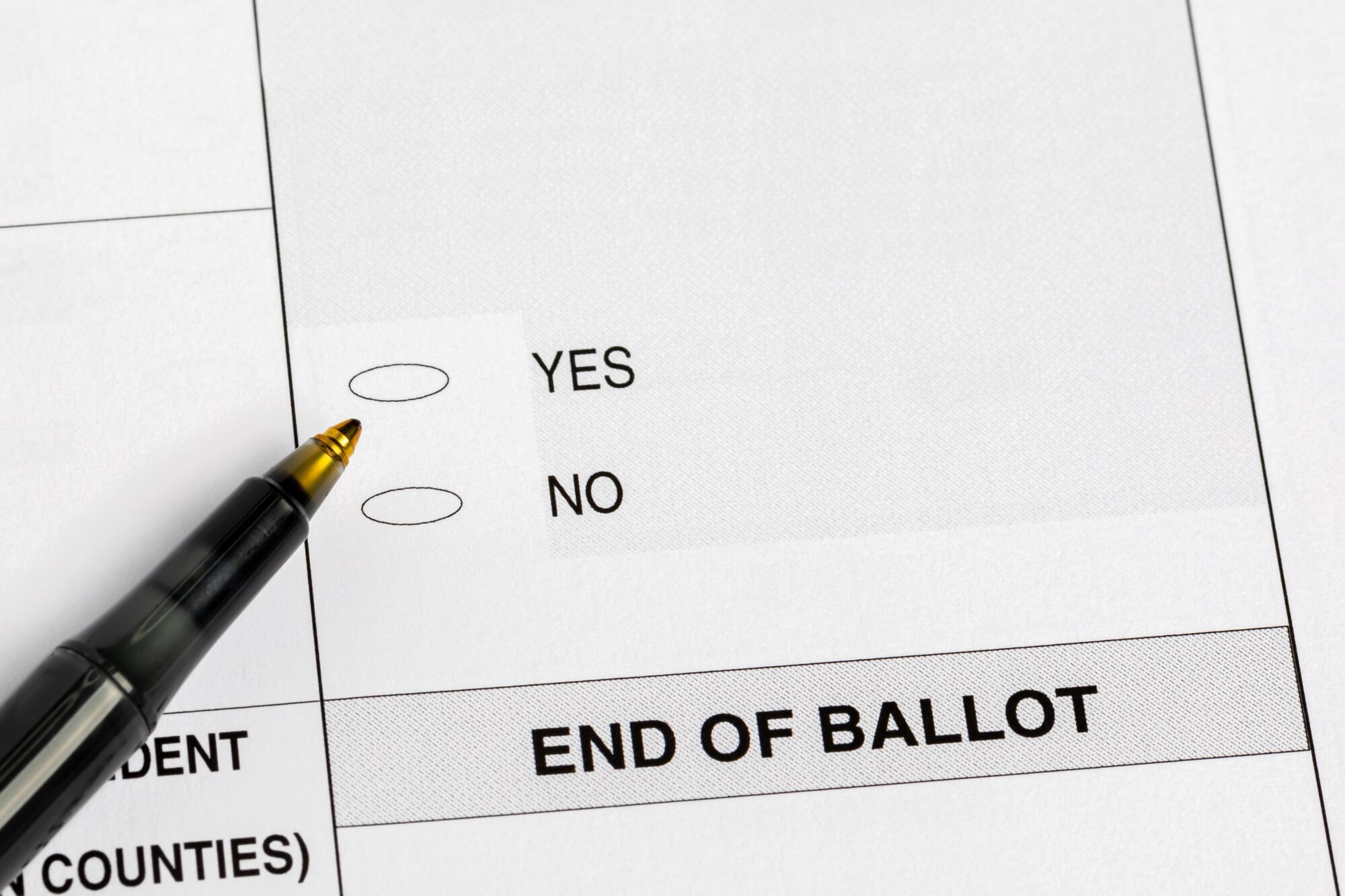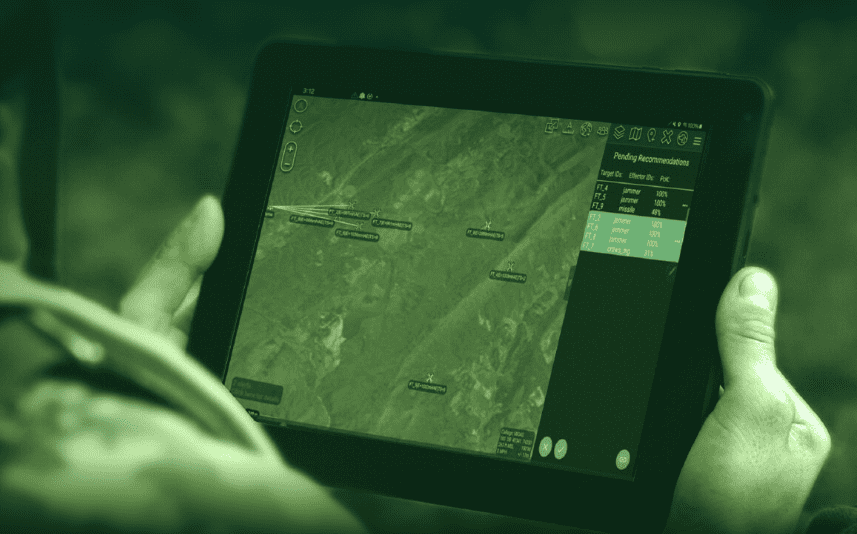
988 provides a listening ear and connections to resources that can alleviate concerns.
Brevity is key when creating a service people will remember and utilize. For instance, everyone knows that if there’s an emergency such as a fire, they should dial 911. A similar thought is why 988 went into effect to connect those dealing with mental health issues with trained crisis counselors.
In the spring of this year, 988 officially went into service in Mississippi. While mental health assistance has been available in the state of Mississippi, and across the country, in the form of lifeline call centers for decades, efforts to establish a nationwide three-digit service gained steam when Congress passed the National Suicide Hotline Improvement Act of 2018.
The federal Act mandated a study that resulted in the passage of the National Suicide Hotline Designation Act of 2020, which designated 988 as the universal number for a nationwide mental health crisis hotline network.
To ensure the calls are fielded by personnel knowledgeable of local resources, call centers are localized by state. In Mississippi, two existing call centers were folded into the 988 lifeline network.
Prior to 988, reaching the call centers involved dialing a 1-800 number. Mississippi Department of Mental Health Chief of Staff Katie Storr said it was fortunate this state already had a crisis lifeline system in place prior to the establishment of 988.
Establishment of 988 aims to tackle ongoing mental health concerns in the United States. According to the Substance Abuse and Mental Health Services Administration, during 2020 every 11 minutes a person died as a result of suicide. The act was cited as one of the leading causes of death in people aged 10 to 34 by the administration.
The largest call center in Mississippi, CONTACT the Crisis Line, covers 74 of the state’s 82 counties, while the second, CONTACT Helpline, covers the remaining eight counties around Columbus and Starkville, said Brenda Patterson, Executive Director for CONTACT the Crisis Line.
While the two have coverage areas, the centers work together to take calls when the volume outpaces available crisis counselors at either location. If neither call center has available counselors within the state who can answer, the call rolls out-of-state to a neighboring center in the network. However, the majority of calls are answered by crisis counselors working in the Magnolia State.
Both call centers currently tout a more than 90 percent in-state answer rate, Patterson cited.
The answer rate is especially of note since after rolling out this year, lifeline crisis counselors in Mississippi saw a 20 percent increase in call volume, said MDMH Executive Director Wendy Bailey.
Over the last three months, call volumes in Mississippi averaged roughly 1,200 per month for 988, with another 1,000 coming to the regular crisis line (601-713-HELP), Patterson noted. Mississippi’s two centers are among 14 states that average more than 90 percent of the calls being answered by an in-state crisis counselor.
“Callers to 988 in Mississippi can be assured that it will be a Mississippi crisis counselor to take the call and they can be connected with local help if needed and/or if the caller is needing a local resource that the crisis counselor would have the most up-to-date referral sources,” Patterson said.
Nationwide since July 2022, 5 million people called 988, a 2 million increase from the previous year, according to a report issued by the Substance Abuse and Mental Health Services Administration. Answer speeds also improved from 2 minutes and 39 seconds to just 41 seconds.
Patterson and CONTACT Helpline Executive Director Katrina Sunivelle say the bulk of calls taken at the centers involve a person dealing with depression and loneliness, along with financial problems, anxiety and domestic abuse. Young people – those under 21 – typically reach out to 988 because they are dealing with bullying, thoughts or acts of self-harm, and questions about sexual orientation, Patterson said. Counselors also receive calls from concerned loved ones who suspect their friend or family member is considering suicide.
Patterson said the service is available 24 hours a day, 7 days a week, and if someone needs help but does not want to talk, crisis counselors can be reached by sending a text message to 988 or through an online chat that can be found at 988Lifeline.org.
“And that’s how we’re able to reach our young people, because our young people are not necessarily going to pick up a telephone and talk, but they are very, very interested in chat and text. So, we do have dedicated staff that that’s all they do is online emotional support,” Patterson said. “That’s something we are really excited about. We have been involved with chat and text from the beginning in one way or another since 2010.”
Call volumes are expected to increase during the holidays because that is usually when people reflect on lost loved ones which can lead to depression. Calling 988 can be a way to relieve some of that stress, Sunivelle said.
“It’s difficult when you’re dealing with depression during the holidays. Especially if they lost someone like a parent or child. It’s like deep depression and when that time of the year rolls around, they reflect on memories,” Sunivelle said.
All crisis counselors undergo 40 hours of training that focuses on how to address depression, anxiety, and thoughts of suicide before they begin to take calls. The training also includes active listening, applied suicide intervention and crisis intervention skills, in addition to other topics. Face-to-face lectures, role play phone calls and observations of actual calls prepare crisis counselors to help those who reach out. Only paid personnel with years of experience answer calls to 988, while volunteers answer calls to the 601-713-HELP lifeline, Patterson said.
Of the about 75 people who answer calls at her call center, Patterson said only a fraction are paid staff that handle 988 calls, and all of them started out as volunteers. Many crisis counselors have professional backgrounds in a mental health field, including the volunteers.
“So, we kind of have a blended center in which we utilize paid staff in addition to volunteers, but all of our 988 staff are paid, seasoned staff that have volunteered for a number of years before coming on as a 988 crisis counselor,” Patterson added.
In order to be considered for a paid position, crisis counselors have to volunteer for at least 300 hours, said Sunivelle. Those hours can be completed within a few months in the case of an intern, or it may take longer for volunteers who have full-time jobs. Within Sunivelle’s call center, there are 21 volunteers and staff, of which 16 are paid.
No matter how seasoned the crisis counselor is, all are trained to handle any issue the individual is dealing with, volunteers included.
“Everyone receives the same training to begin with, what changes is when someone becomes a dedicated 988 staff person that’s when they become a little more astute as far as working with the mobile crisis team and also making those follow up calls and the idea of doing chat and text,” Patterson described.
If during the call the crisis counselor determines the caller needs immediate assistance in the form of a mobile crisis team, the counselor performs a warm handoff, where the mobile crisis team is brought into the call to provide the necessary assistance, Patterson stated. But most of the time calls do not get to that step since about 80 percent of callers find the help they need by just calling 988. This is attributed to crisis counselors having access to a resource manual that lists all of the various services offered in each county. Using that manual, the counselor can connect the caller with the proper assistance. For instance, if the caller is depressed because they can’t pay their rent or utilities, they are referred to charity organizations that provide financial assistance, Patterson said.
“The big difference between 911 and 988 is that we’re not just a dispatch. We are a dispatch, but we are very proud that 80 percent of the calls are managed within the call without even having to reach out to that next step, which is the mobile crisis team or the emergency room,” Patterson said.
Due to the sensitive nature of discussing a person’s mental health, anonymity is paramount for lifeline and 988 crisis counselors. Patterson said calls are never recorded, even though the caller will hear a message saying “calls may be recorded” before being connected with a counselor. Sunivelle added the call centers also do not have caller ID, so counselors do not know who is calling.
Crisis counselors will, however, ask if the caller would like a call back at the end of the conversation, which is optional.
“While they do not have to give their name on the lifeline, we do ask at the end of the call if they would like to have a follow up call from the regional mental health center in their area. If they say no, that’s ok,” Patterson elaborated.
Specialized services are also offered through 988. Pressing “1” will transfer the caller to staff prepared to assist veterans. Dialing “2” will connect the call to a crisis counselor fluent in Spanish and dialing “3” will connect the individual with counselors who can assist members of the LGBTQ community.
Sunivelle added that while the Veterans Affairs office does a good job of caring for veterans, the 988 call center acts as a bridge between appointments and provides resources to help strengthen an individual’s safety plans. Safety plans are essentially a list of strategies that help a person cope with hurdles in life and thoughts of suicide.
Funding for the call centers comes through various sources, including a contract with MDMH, grants from the Substance Abuse and Mental Health Services Administration that are overseen by MDMH, and individual contributions, Patterson said.
“We have done fundraising in the past, not as much now, but like any non-profit we’re always looking for new creative ways to gain revenue,” Patterson said.
The success of the program means efforts to expand it are in the works. Through the use of funding from the American Rescue Plan Act (ARPA), Bailey hopes to be able to have access to more funds that will allow the call centers to increase the number of crisis counselors and provide the necessary equipment. Efforts are also underway to identify other potential revenue sources.

